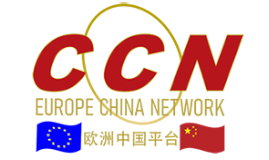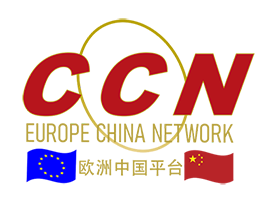What are investment funds?
Investment funds are investment products created with the sole purpose of gathering investors’ capital, and investing that capital collectively through a portfolio of financial instruments such as stocks, bonds and other securities.
Investment funds play a crucial role in facilitating the accumulation of personal savings, whether for major investments or for retirement. They are also important because they make institutional and personal savings available as loans to companies and projects which contribute to growth and jobs.
Collective investment funds
As part of its effort to create a barrier-free market for collective investment funds, the EU enacted the following legislation.
Undertakings for collective investment in transferable securities
The directive on undertakings for collective investment in transferable securities (UCITS) is the main European framework covering collective investment schemes. This category of investment funds accounts for around 75% of all collective investments by small investors in Europe.
Alternative investment fund managers
The alternative investment fund managers (AIFM) directive covers managers of alternative investment schemes designed for professional investors. Alternative investment funds are funds that are not regulated at EU level by the UCITS directive. They include hedge funds, private equity funds, real estate funds and a wide range of other types of institutional funds.
European venture capital funds
The European venture capital funds (EuVECA) regulation covers a subcategory of alternative investment schemes that focus on start-ups and early stage companies. Venture capital investment is an important source of long-term financing to young and innovative companies.
European social entrepreneurship funds
The European social entrepreneurship funds (EuSEF) regulation covers alternative investment schemes that focus on social enterprises. These are companies that are set up with the explicit aim to have a positive social impact and address social objectives, rather than only maximising profit. While these enterprises often receive public support, private investment via funds still remains vital to their growth.
European long-term investment funds
The European long-term investment funds (ELTIF) regulation covers funds that focus on investing in various types of alternative asset classes such as infrastructure, small and medium sized enterprises and real assets.
Regulation on money market funds
Money market funds (MMFs) are investment vehicles where households, corporate treasurers or insurance companies can obtain a relatively safe and short-term investment for surplus cash. They are an important source of short-term financing for financial institutions, corporates and governments. In order to preserve the integrity and stability of the internal market, the EU adopted a regulation that will make MMFs more resilient to a future financial crisis.
Retail investment products
Investment products are complex and it can be difficult to compare them or fully grasp the risks they involve. To protect investors, the EU has adopted a regulation introducing a key information document (KID), a simple document giving investors key facts in a clear and understandable manner.
A KID is required for products including
- all types of investment funds
- insurance-based investments
- retail structured products
- private pensions
Measures on cross-border distribution of funds
Measures to facilitate cross-border distribution of funds are contained in Directive and Regulation that complement and amend a existing EU legislation on collective investment funds. It is expected to increase transparency and create a single access to information on national rules related to marketing requirements and regulatory fees and charges levied by national competent authorities.
The package allows for simpler exit of the host market (de-notification), and permits management companies to choose more flexible and cheaper ways of communication and provision of administrative services to investors in other Member States and create conditions for promotion of AIFs and investment strategies and seek for new investors before using the passport for marketing.
The two legislative acts form part of the European Commission’s action plan for a capital markets union to help build a true single market for capitals across the EU, and fall under the objectives of fostering investments across the EU, a key pillar of the investment plan for Europe.
https://ec.europa.eu/info/business-economy-euro/growth-and-investment/investment-funds_en






















